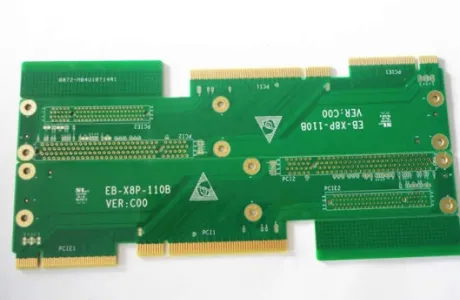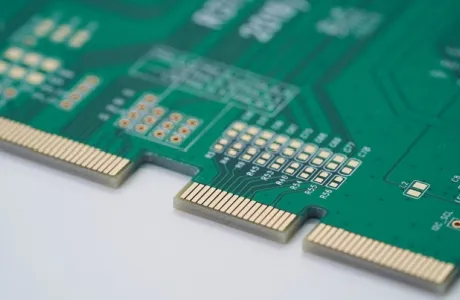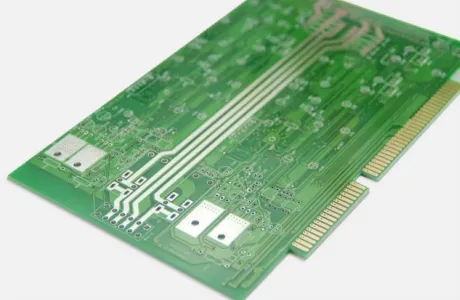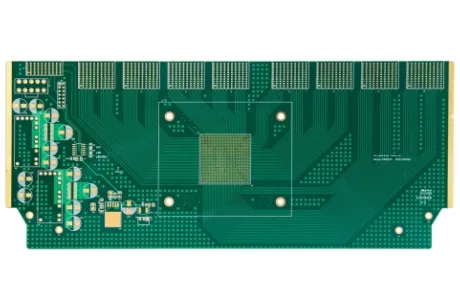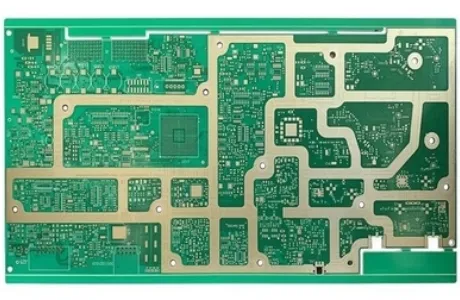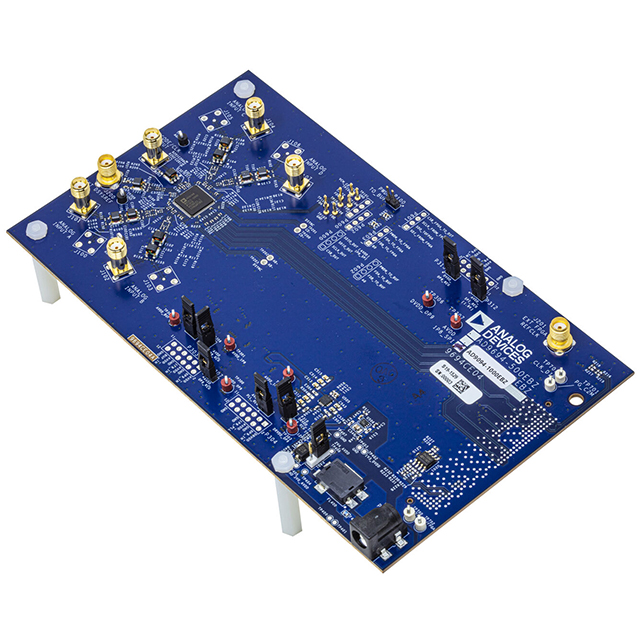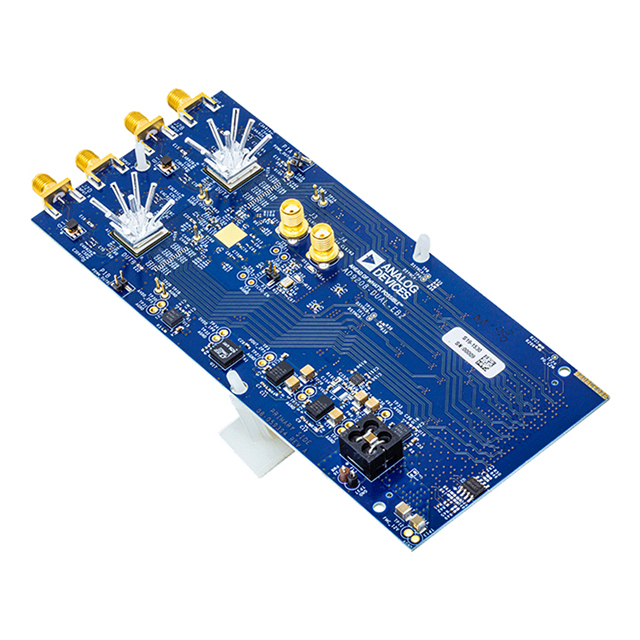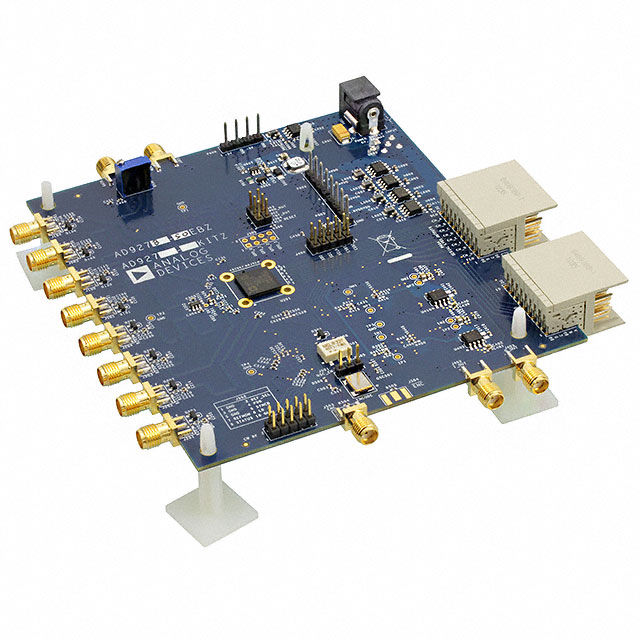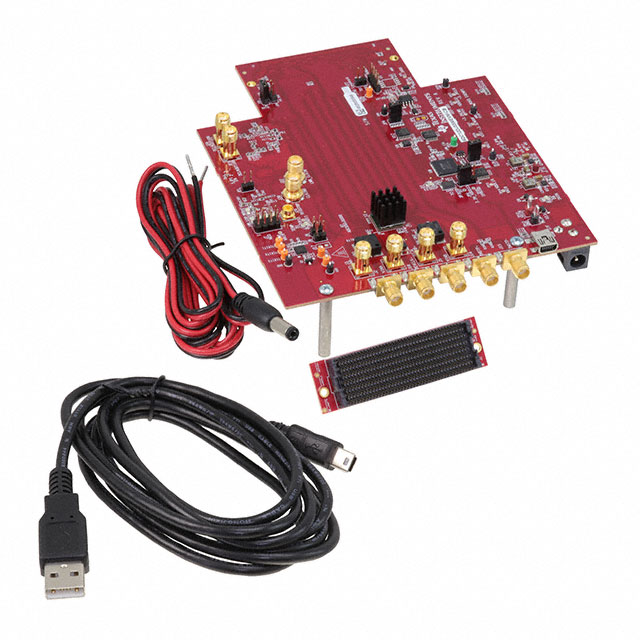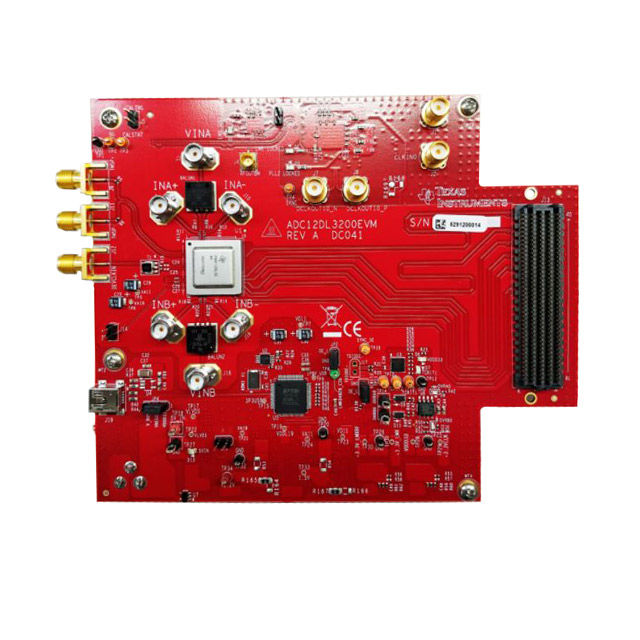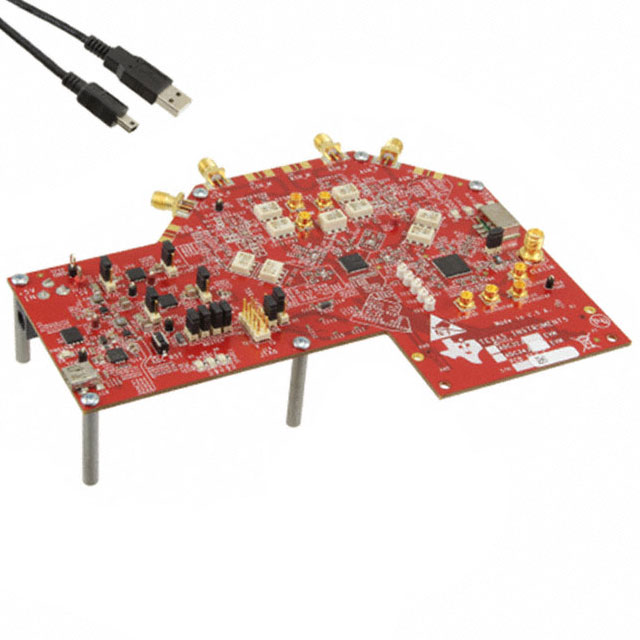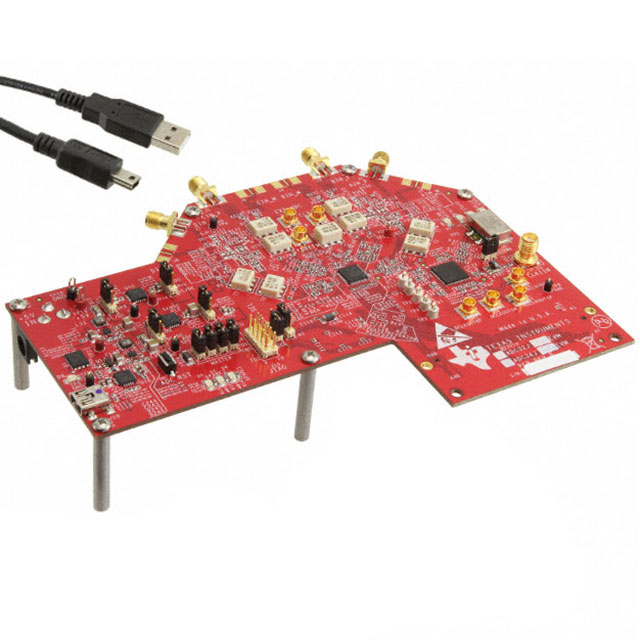
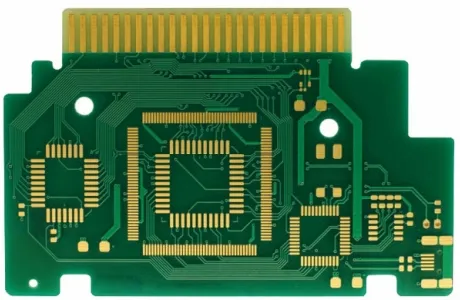
6-layer Immersion Gold Communication Golden Finger PCB Board
Description :
6-layer immersion gold communication golden finger PCB board is a type of PCB board commonly used in communication devices, including optical soldering interface boards. The term "gold finger" refers to the gold-plated columns that you see along the connecting edges of printed circuit boards (PCBs). They are used to connect a secondary PCB to the motherboard of a computer or other devices that communicate via digital signals.Product Details:
What Is 6-layer Immersion Gold Communication Golden Finger PCB Board?
6-layer immersion gold communication golden finger PCB board is a type of printed circuit board (PCB) that is used in communication devices. The term "golden finger" refers to the gold-plated columns along the connecting edges of the PCB that are used to connect a secondary PCB to the motherboard of a computer or other devices that communicate via digital signals.
What Is Gold Finger?
Gold finger is the gold-plated connectors at the edge of printed circuit boards (PCBs). Shaped like a finger, they serve as connectors that connect the PCB to a motherboard, making sure a signal or command is reliably transmitted. Aside from the connectivity, the alloy also protects the edge of a circuit board from deterioration. Gold fingers are made of hard gold, or Electroless Nickel Immersion Gold (ENIG). Its hardness at a specified thickness ranging from 3µ” to 50µ” ensures long-term component reliability.
6-layer Immersion Gold Communication Golden Finger PCB Board Parameter
| Number of layers | 6 |
| Substrate | FR4 TG170 |
| Thickness | 1.00mm |
| Surface Treatment | Immersion Gold |
| Special Process | Leadless gold finger |
| Minimum aperture | 0.2mm |
| Inner layer line width and line spacing | 5/5mil |
| Outer layer line width and line spacing | 5/5mil |
| Applications | Mainly used in communication optical fiber interface |
6-layer Immersion Gold Communication Golden Finger PCB Board Features
It has several notable features, including:
1. High Precision and Density: These PCB boards are designed to meet high-density trace precision control requirements. This allows for intricate circuitry and compact designs, making them suitable for communication devices that require advanced functionality in a limited space.
2. Immersion Gold Surface Finish: The board is treated with immersion gold, which provides superior conductivity, surface flatness, and solderability. Immersion gold is known for its strong conductivity, good oxidation resistance, and long service life.
3. Golden Fingers: The board features gold-plated columns, known as golden fingers, along the connecting edges. These gold fingers are used to connect a secondary PCB to the motherboard of a computer or other devices that communicate via digital signals.
Besides, the gold finger has different types to choose from: gold fingers (flush gold fingers), segmented gold fingers (intermittent gold fingers), and long-short gold fingers (uneven gold fingers).
4. Cost-Effective Alternative: Immersion gold is a cost-effective alternative to electroplated gold for gold finger PCBs that do not require high wear resistance. It provides the necessary conductivity and surface flatness at a lower cost.
6-layer Immersion Gold Communication Golden Finger PCB Board Applications
These PCB boards are widely used in communication devices such as optical soldering interface boards, smartphones, smartwatches, network cards, and graphics cards. The gold fingers on the board provide a secure and reliable connection for digital signal communication.


